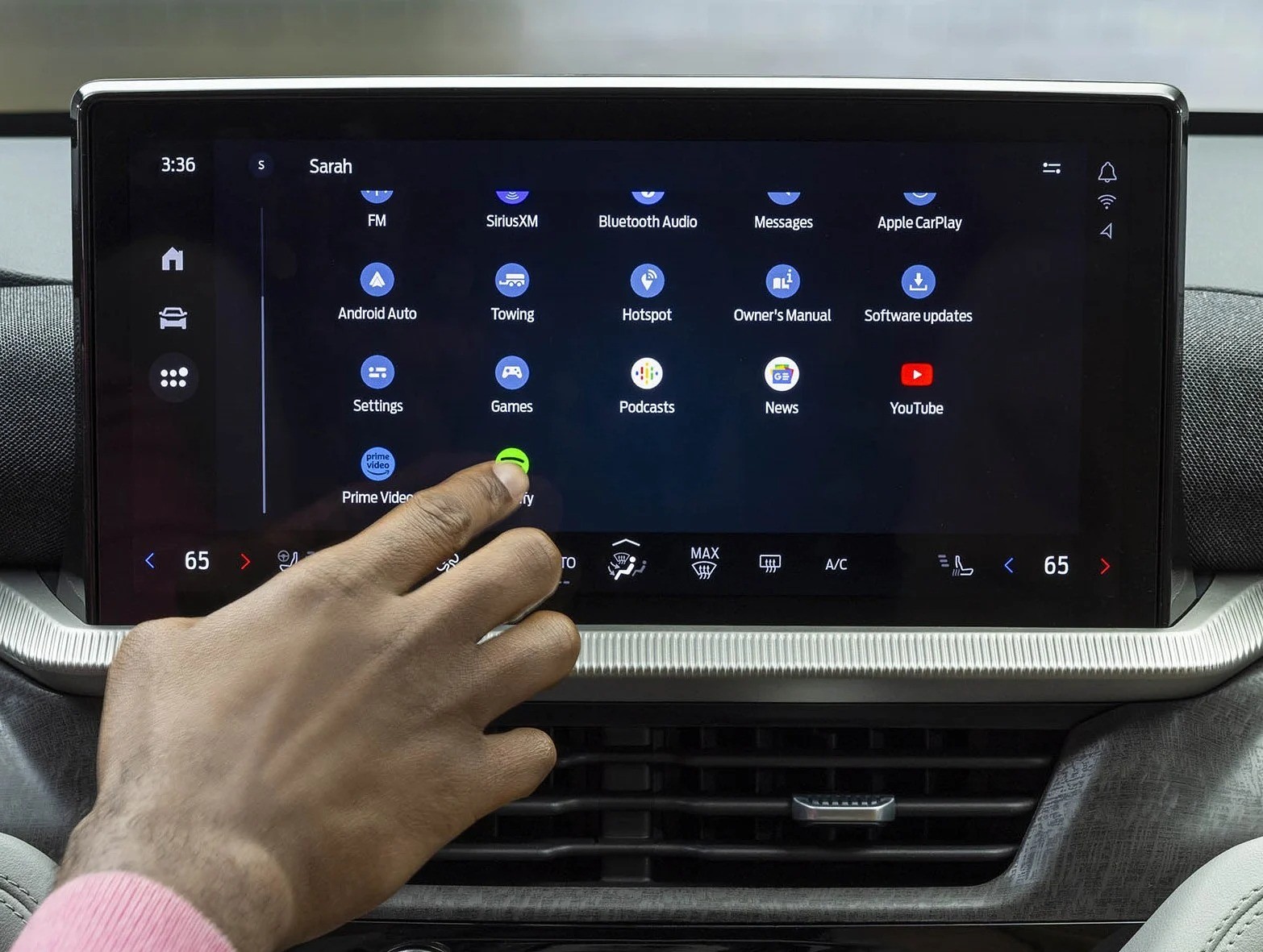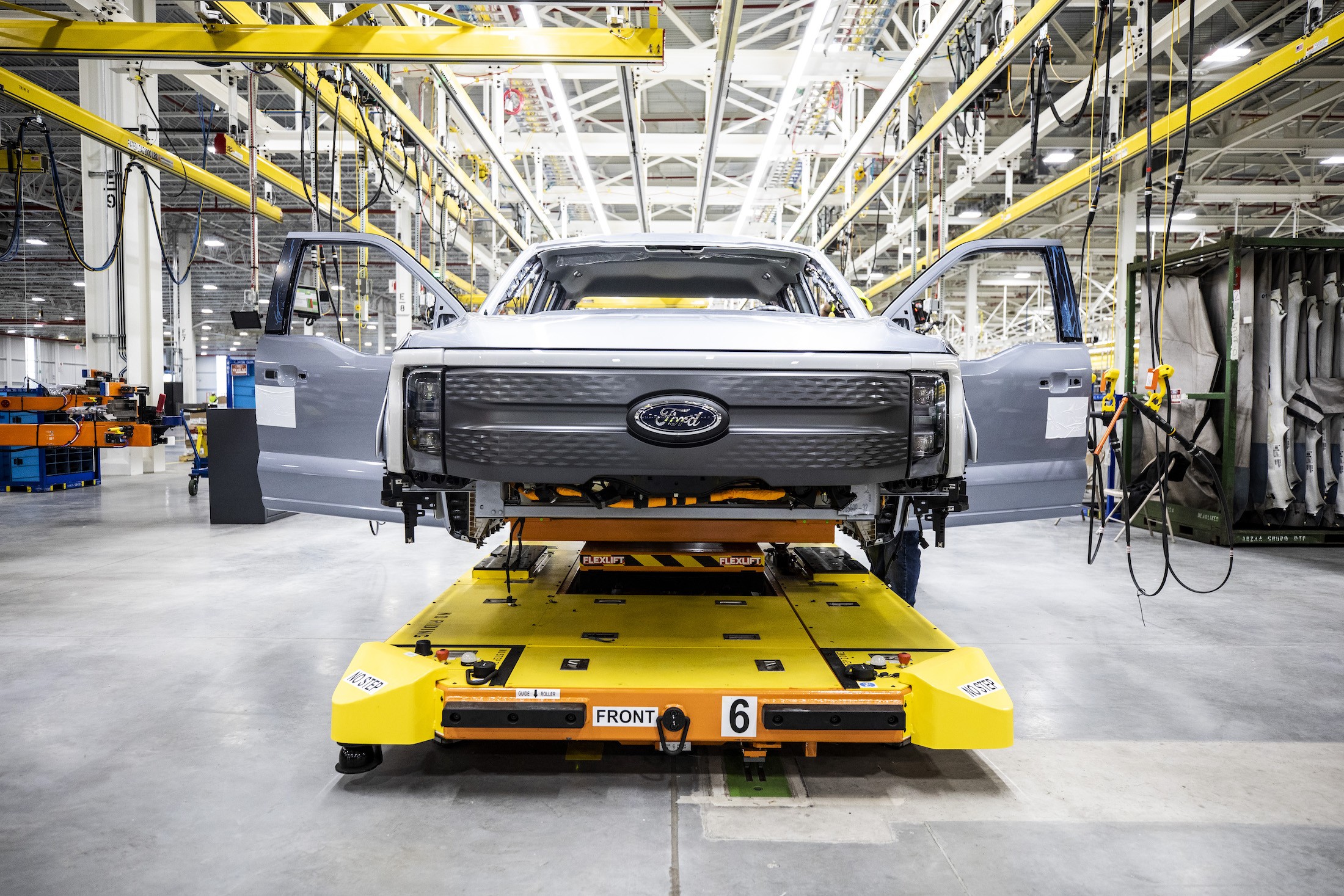Ford has adjusted its strategy and aims to penetrate the affordable EV market with a $25,000 compact model slated for deliveries by the end of 2026. This sets up a potential clash with Tesla, which is also developing a similar project that is anticipated to launch around the same time.
During the Q4 2023 earnings call in February, Ford CEO Jim Farley disclosed the company’s Gen-2 EV platform. Surprisingly, Farley revealed that the project was not developed by the Ford Model e EV division but was outsourced to a skilled external team operating independently from the “Ford mothership.”
This project aims to create a versatile EV architecture enabling cost-effective EVs to rival Tesla and Chinese EV manufacturers.

This signifies a departure from Ford’s previous focus on large EVs like the F-150 Lightning and the upcoming Bronco Lightning.
Recognizing the market shift towards more affordable EV models, Ford aims to capitalize on economies of scale with the Gen-2 EV models, making compact EVs profitable within a year of production commencement.
A Bloomberg report suggests that Ford intends to utilize the new platform to manufacture a compact SUV, a small pickup truck, and another EV model that could possibly be used in the future as a robotaxi.
These plans align closely with Tesla’s strategy for its next-generation EV platform, albeit without an electric pickup model. However, Tesla seems to be ahead of Ford, with production of the $25,000 EV model projected to start as early as next year.
If Ford manages to market a $25,000 compact SUV by 2026, it would be a remarkable feat. Nevertheless, achieving profitability by the end of 2027 would be exceptionally challenging.
Currently, Tesla stands as the undisputed leader in production costs, and it is likely the only one making profits from EV sales. In contrast, Ford reported substantial losses of $4.7 billion in 2023 and projected a $5.5 billion loss in 2024.
Ford’s commitment to developing an affordable yet profitable EV is evident through the establishment of a parallel team of engineers outside the company.
This team, reportedly comprising fewer than 100 automotive engineers based in Irvine, California, includes several former Tesla employees, including team leader Alan Clarke, who previously spearheaded Tesla Model Y engineering efforts.
Ford is banking on lithium iron phosphate (LFP) batteries to lower the prices of upcoming EVs, which are known to be up to 30 percent cheaper than nickel-based battery cells. Leveraging its experience with LFP cells in the base variants of the Mustang Mach-E and F-150 Lightning, Ford is also exploring other battery chemistries to further reduce costs.

